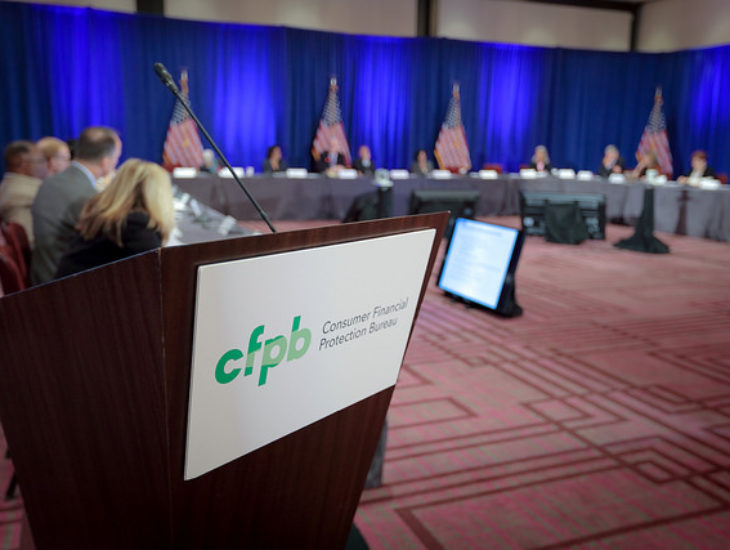|
|
| |
Jeff Starling is the chair of the Balch & Bingham firm's Labor & Employment Practice. For over 25 years he has devoted his practice to the representation of employers across the full range of legal issues.
Two-thirds of U.S. states have legalized some form of marijuana use, although it remains illegal at the federal level. What does this mean for HR employees in charge of crafting policy? Regular work-at-home employees has grown by 140% since 2005, nearly 10x faster than the rest of the workforce, or the self-employed, and hiring remotely opens your institution up to a much wider pool of talent. This presentation will look at these growing trends in the employment sector and leave you better prepared to take advantage and to avoid possible pitfalls with each.
|
|
ACB Bank Management and Directors Conference
Nov. 5th
- Embassy Suites - Little Rock
|
Also, hear Razorback Women's Basketball Coach Mike Neighbors
kick off our event Nov.5th!
There's something for everyone!
Telecommuting
HR and Medicinal Marijuana
ICBA Washington DC Update
The Growing Landscape of Cybersecurity
Compliance and Financial Accounting Update
SBA Arkansas Bank Lender Awards!
And More!
(6 Free CPE Credits!)
|
|
CFPB Provides HMDA Relief to Smaller Institutions
|
The Consumer Financial Protection Bureau (Bureau) issued a rule
 which finalizes certain aspects of its May 2019 Notice of Proposed Rulemaking under the Home Mortgage Disclosure Act (HMDA). It extends for two years the current temporary threshold for collecting and reporting data about open-end lines of credit under HMDA. The rule also clarifies partial exemptions from certain HMDA requirements which Congress added in the Economic Growth, Regulatory Relief, and Consumer Protection Act (EGRRCPA).
For open-end lines of credit, the rule extends for another two years, until January 1, 2022, the current temporary coverage threshold of 500 open-end lines of credit. For data collection years 2020 and 2021, financial institutions that originated fewer than 500 open-end lines of credit in either of the two preceding calendar years will not need to collect and report data with respect to open-end lines of credit.
For the partial exemptions under the EGRRCPA, the rule incorporates into Regulation C the clarifications from the Bureau's August 2018 interpretive and procedural rule. This final rule further effectuates the burden relief for smaller lenders provided by the EGRRCPA by addressing certain issues relating to the partial exemptions that the August 2018 rule did not address.
This rule finalizes the above aspects of the May 2019 Notice of Proposed Rulemaking, which also proposed raising the permanent coverage thresholds for closed-end mortgage loans and open-end lines of credit. On July 31, 2019, the Bureau reopened the comment period until October 15, 2019 for aspects of the May 2019 Notice of Proposed Rulemaking related to raising the permanent coverage thresholds. The Bureau intends to issue a separate final rule in 2020 addressing these thresholds.
|
|
White House Issues Executive Orders on Guidance Documents, Administrative Enforcement
|
President Trump issued an executive order formalizing the  administration's position that guidance documents issued by federal regulatory agencies are not legally binding, and that any legally binding requirements must be issued through regulation. Once the order is implemented via a memo from the Office of Management and Budget, each agency must issue a regulation setting forth its processes for issuing guidance documents within 300 days. administration's position that guidance documents issued by federal regulatory agencies are not legally binding, and that any legally binding requirements must be issued through regulation. Once the order is implemented via a memo from the Office of Management and Budget, each agency must issue a regulation setting forth its processes for issuing guidance documents within 300 days.
The order directs each agency to publish within 120 days of the OMB memo a searchable list of its guidance documents and rescind those that should no longer be in effect. It also directs agencies to provide notice and comment periods before issuing new "significant guidance" documents, which it defines as those that would lead to an annual effect on the economy of $100 million or more. The order does not apply to independent regulatory agencies, which include the CFTC, the FDIC, the Federal Reserve and the SEC.
The administration also issued a second executive order aimed at promoting transparency and fairness in civil administrative enforcement and adjudication. Under that order, when an agency takes an administrative enforcement action, it "may apply only standards of conduct that have been publicly stated in a manner that would not cause unfair surprise." The order also states that agencies must provide individuals the opportunity to dispute an administrative enforcement action, and that the agency must respond to the individual's objection in writing.
|
|
Proposal Eases Tax Consequences of LIBOR Transition
|
The Treasury Department and IRS proposed regulations intended
 to help market participants transition from the London Interbank Offered Rate to an alternative reference rate. At the urging of the Alternative Reference Rates Committee the IRS and Treasury Department issued the proposed guidance, which would generally allow market participants to make those contract modifications without tax consequences.
The proposal also includes certain safe harbors and guidance on a variety of tax-related issues. "The Treasury action provides much more clarity around the tax issues related to converting legacy trades," said ARRC Chairman Tom Wipf. "This clears the path forward, and I strongly encourage all market participants to take this opportunity to transition away from Libor and begin adopting the Secured Overnight Financing Rate," the ARRC's recommended reference rate.
|
|
Summary and FAQ's on Cannabis-Banking Bill
|
ICBA released a one-page summary and answers to frequently  asked questions on House-passed legislation to establish a cannabis-banking safe harbor in states where cannabis is legal. asked questions on House-passed legislation to establish a cannabis-banking safe harbor in states where cannabis is legal.
Following last month's bipartisan House vote sending the SAFE Banking Act (H.R. 1595) to the Senate, the ICBA resources detail what's in the legislation and how it would benefit community banks and local communities.
The bipartisan bill would establish a safe harbor in states where cannabis is legal. As the first national banking trade group to support the SAFE Banking Act, ICBA has long worked to advance this policy to curb regulatory uncertainty and reduce public safety risks.
|
|
Agencies Finalize Volcker Rule Simplification
|
Federal regulators approved a final rule to simplify the Volcker  Rule, which generally prohibits banking entities from engaging in proprietary trading and from owning or controlling hedge funds or private equity funds. Among its provisions, the final rule tailors compliance requirements based on the size of a firm's trading assets and liabilities. Rule, which generally prohibits banking entities from engaging in proprietary trading and from owning or controlling hedge funds or private equity funds. Among its provisions, the final rule tailors compliance requirements based on the size of a firm's trading assets and liabilities.
The rule follows a final rule issued in July implementing an ICBA-advocated provision of the S. 2155 regulatory relief law exempting most community banks from the Volcker Rule. That final rule conforms with statutory language exempting community banks that have less than $10 billion in assets and trading assets and liabilities that are no more than 5 percent of total assets.
|
|
|
|
|